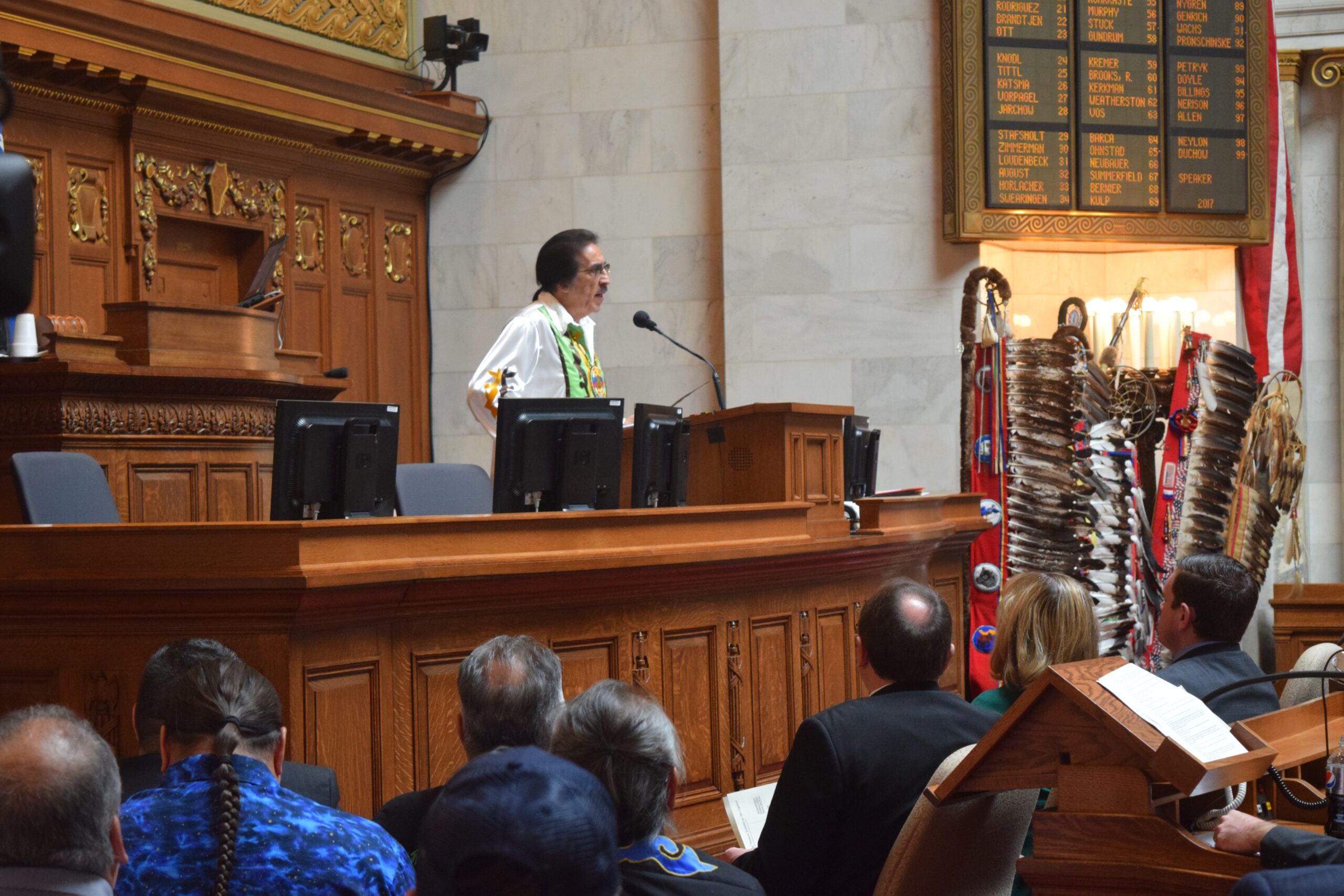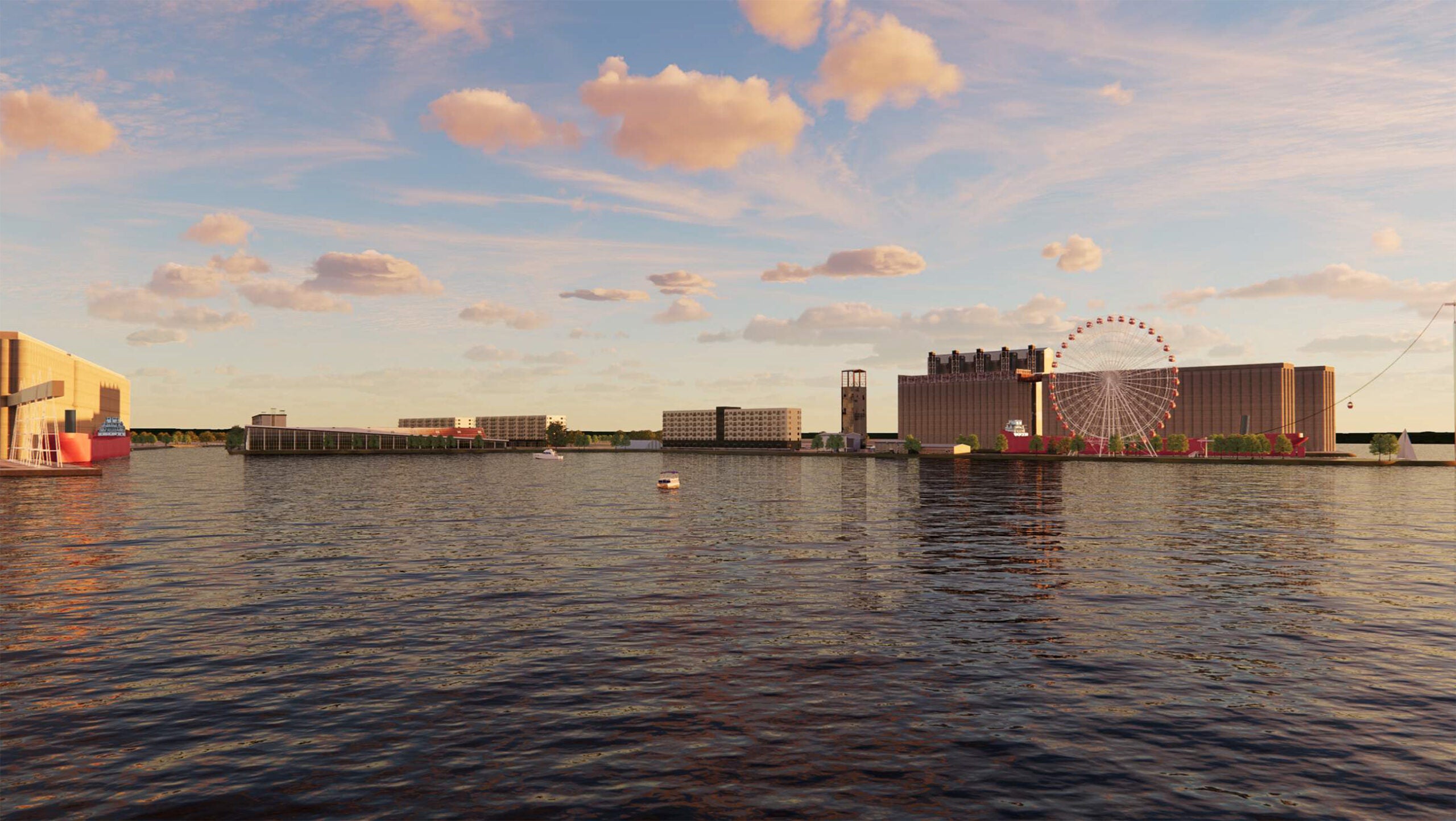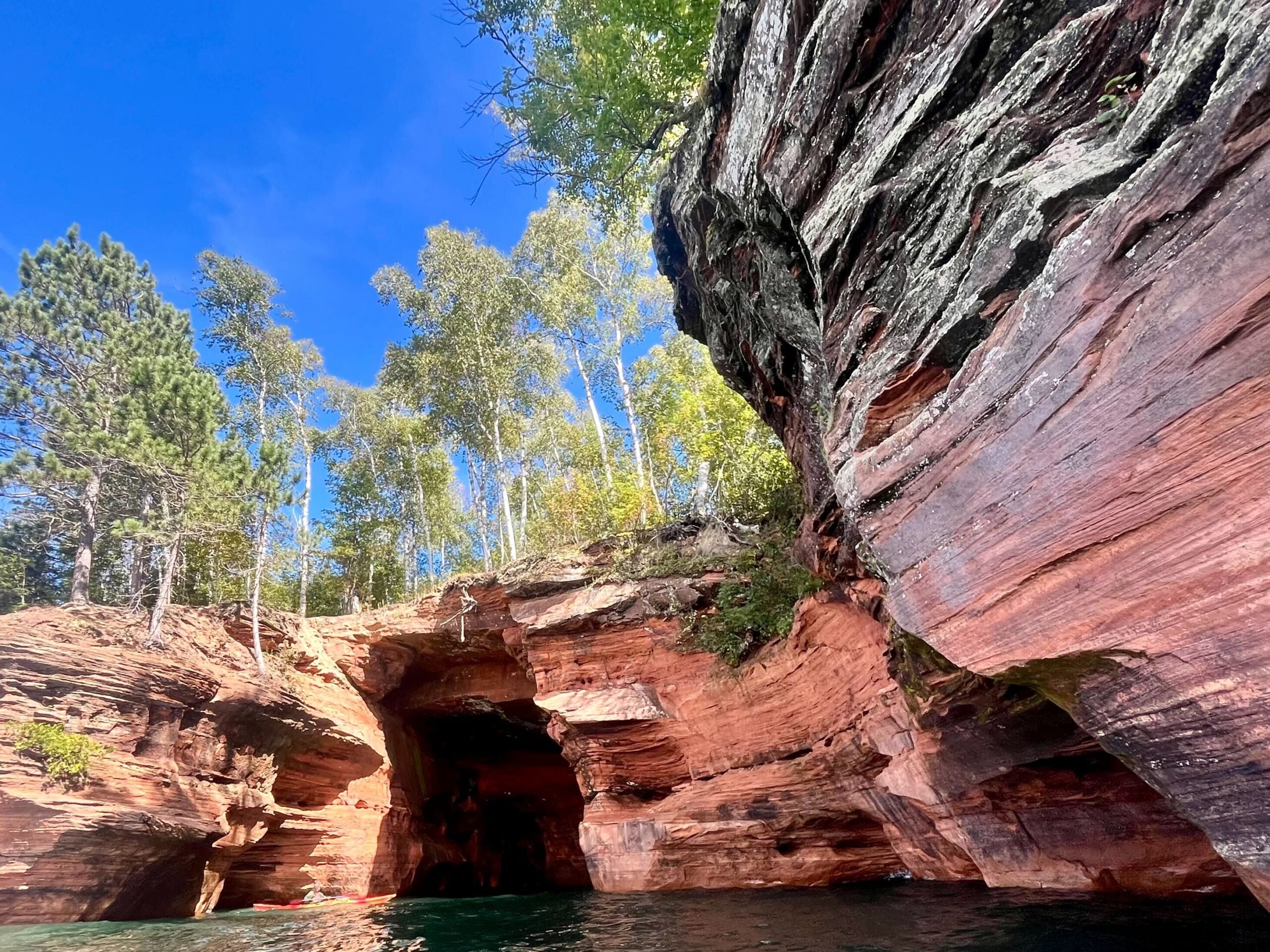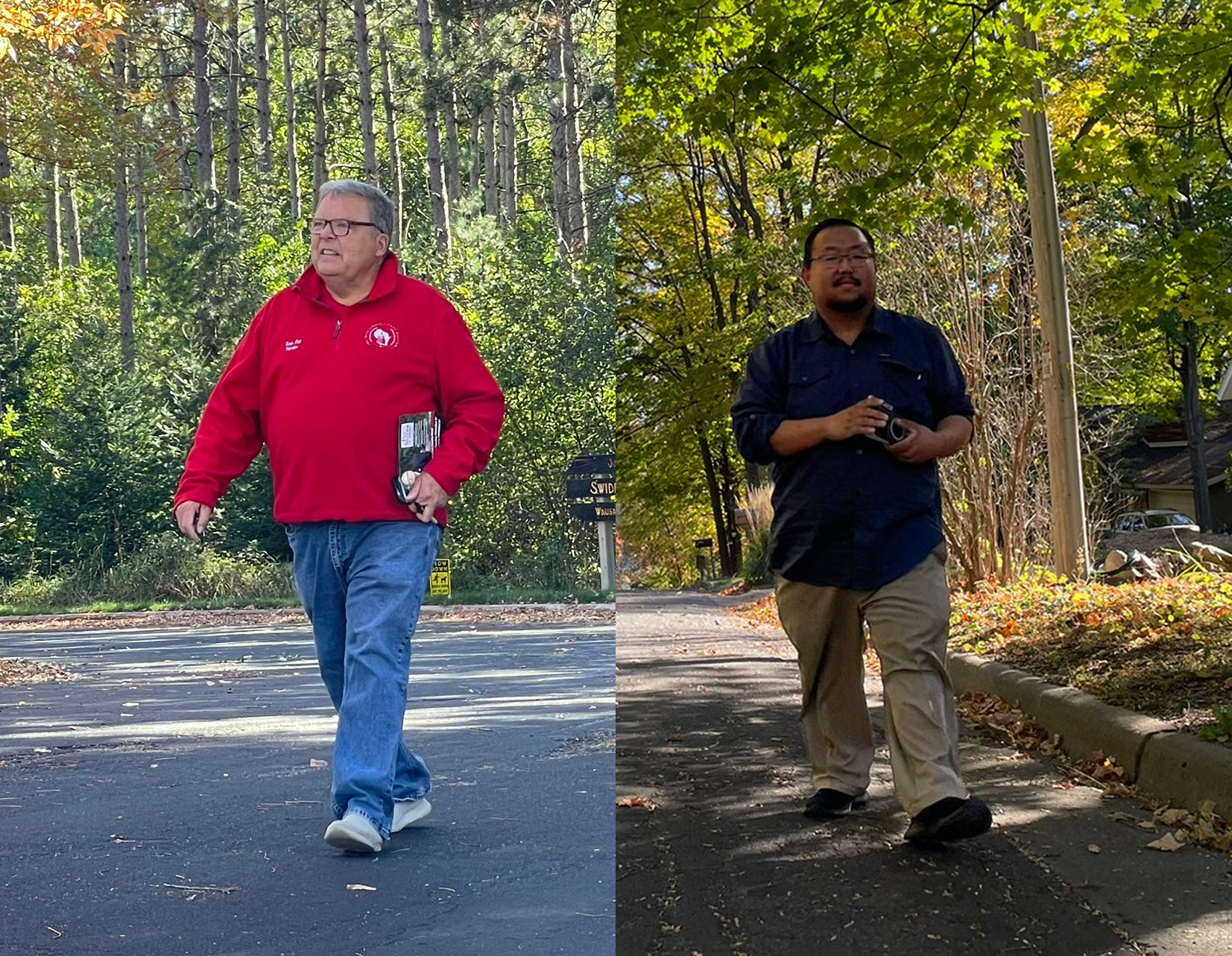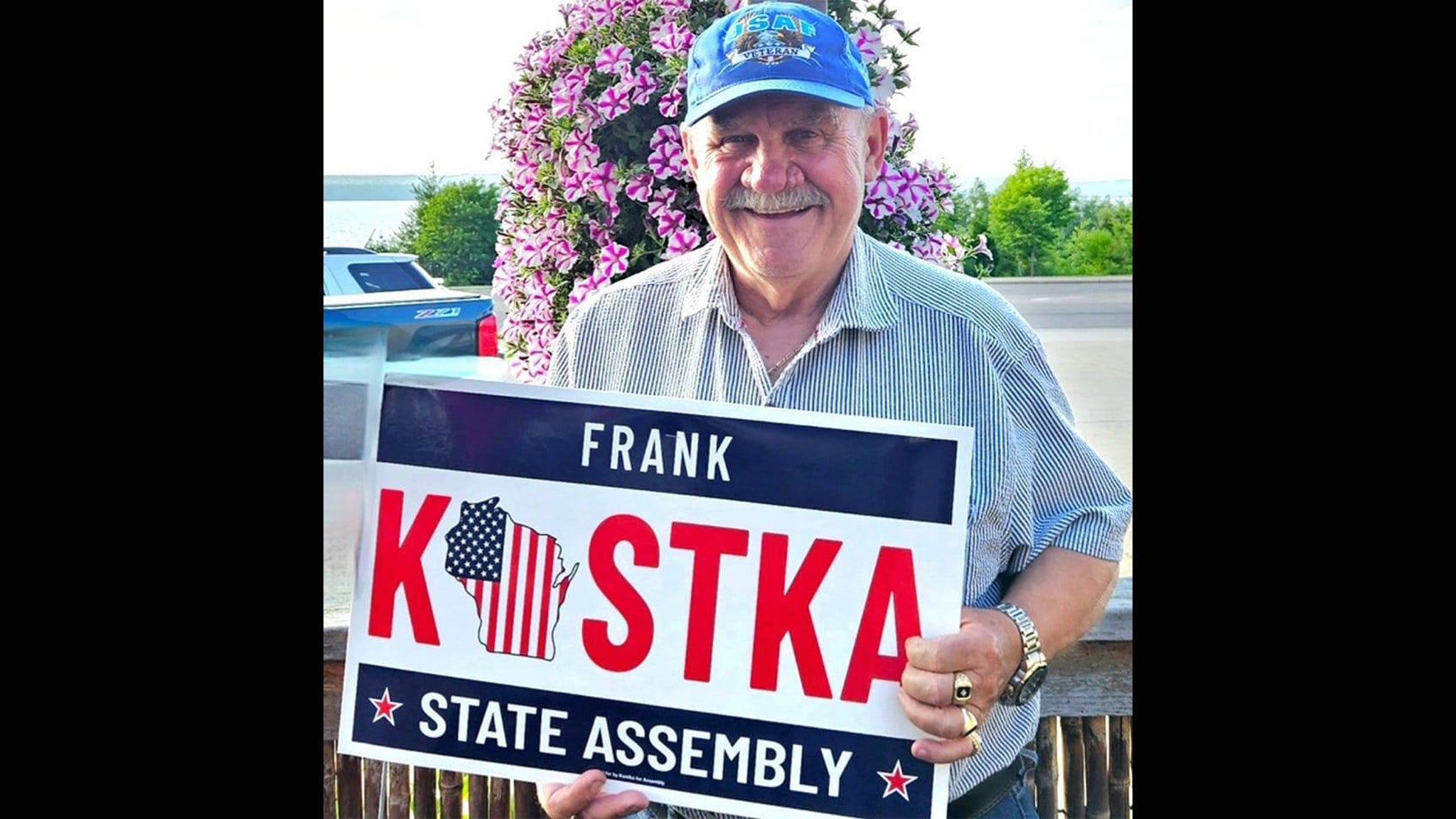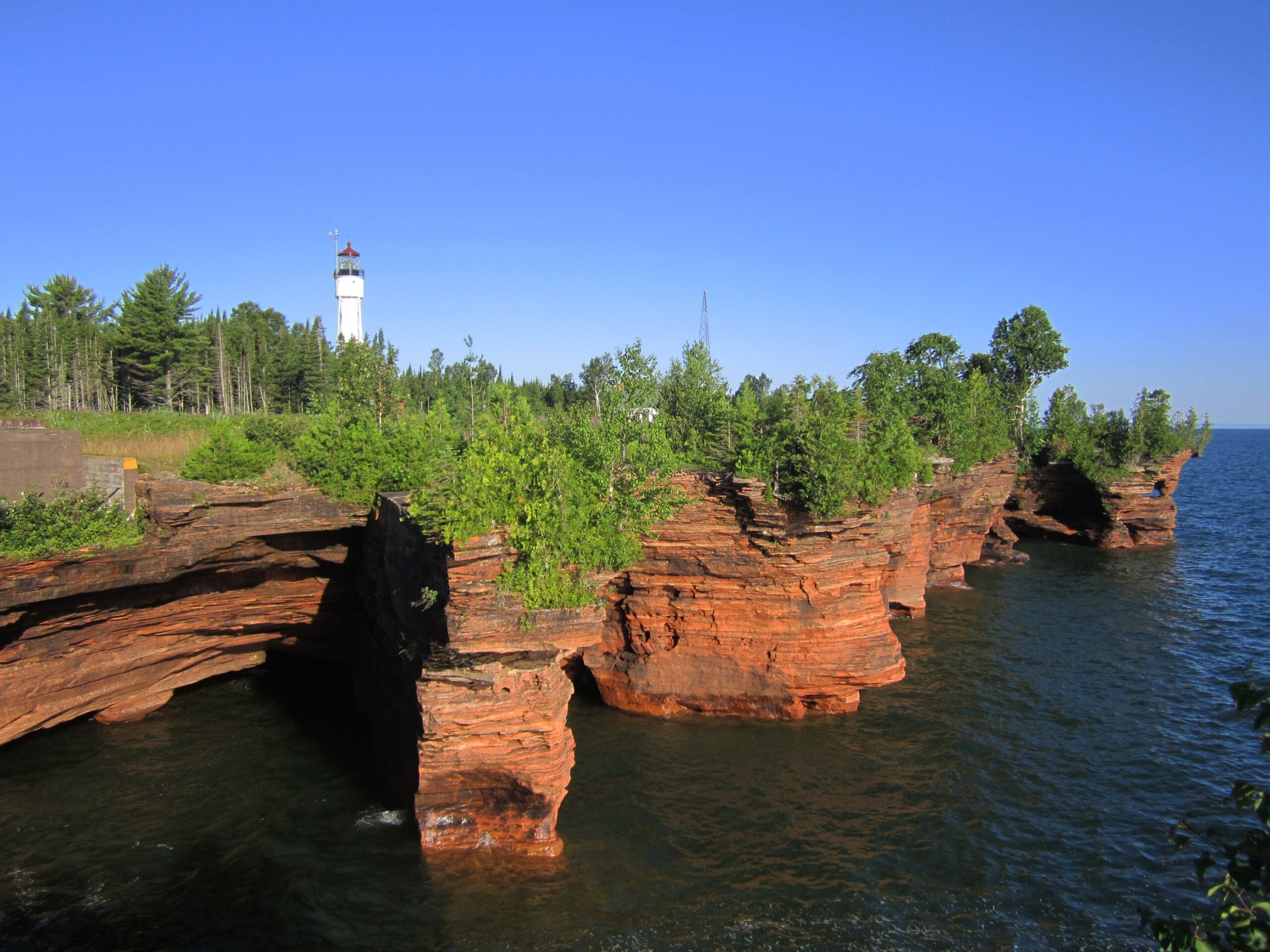A bi-partisan group of Wisconsin lawmakers has introduced a bill that would allow the cities of Superior and Eau Claire to create special tax districts called exposition districts.
Bill author Sen. Terry Moulton, R-Chippewa Falls, said in a memo seeking support for the legislation that it would allow the two cities to use a tool to spur development and tourism without assistance from the state.
“We are all aware that Foxconn recently received the largest taxpayer-funded economic development incentive package in state history. Foxconn will receive significant state investment as well as additional incentives for road and utility improvements to transform southeast Wisconsin into a high-tech manufacturing hub,” wrote Moulton in the memo. “(Senate Bill 727) is a bipartisan effort to support economic development in western and northern Wisconsin, and does not require any assistance from other state taxpayers.”
Stay informed on the latest news
Sign up for WPR’s email newsletter.
Cities can impose a tax to build and maintain exposition or convention centers. To pay for the centers, the cities place a tax on food, beverage and lodging in those districts where the exposition or convention centers would be built. Rental car taxes are also possible, but this bill wouldn’t allow a tax in the districts on rental cars.
Voters in the two cities would have to first approve creation of an exposition district through a referendum. Superior has already done so with a majority of support from voters.
The bill is part of an ongoing push by Superior business leaders. They’ve been lobbying for an exposition district because it would help finance more than $100 million in improvements to the city’s downtown as part of the Better City Superior Initiative.
Better City Superior President Bruce Thompson, who is also community bank president with National Bank of Commerce, said the city has lost around 6,000 residents over the last 50 years. He’s hoping their plans will draw in both visitors and residents.
“We don’t have anything in our market to be really compelling … to draw that consumption dollar over to Superior,” he said. “If we’re going to rebuild ourselves and create a good family community that builds a workforce for our companies and everything, we need to start working on growing and create the quality that modern families expect.”
Around 6 million people make day or overnight trips to Duluth each year, Thompson said. He’s hoping their development plans will divert some of those visitors to Superior. If the bill passes, the cities could place up to an additional 2 percent tax on food, beverage and lodging within an exposition district.
“It is a tax that is going to be paid by a lot of visitors,” said bill author Sen. Janet Bewley, D-Mason. “This doesn’t go on anybody’s property tax bill. This is the kind of charge for services related to tourism.”
The revenues would go toward an entertainment and convention center for Superior’s downtown. Bill co-sponsor Nick Milroy, D-South Range, said the tax tool is an opportunity for border communities like Superior and Eau Claire.
“I feel this could be an important tool for us to be able to draw some of the tourism dollars that a lot of people along the North Shore and the city of Duluth sees,” he said. “I think Eau Claire would like to see a lot of people traveling east from Minneapolis-St. Paul.”
Milwaukee is among other communities in Wisconsin that have created a local exposition district.
Wisconsin Public Radio, © Copyright 2025, Board of Regents of the University of Wisconsin System and Wisconsin Educational Communications Board.
